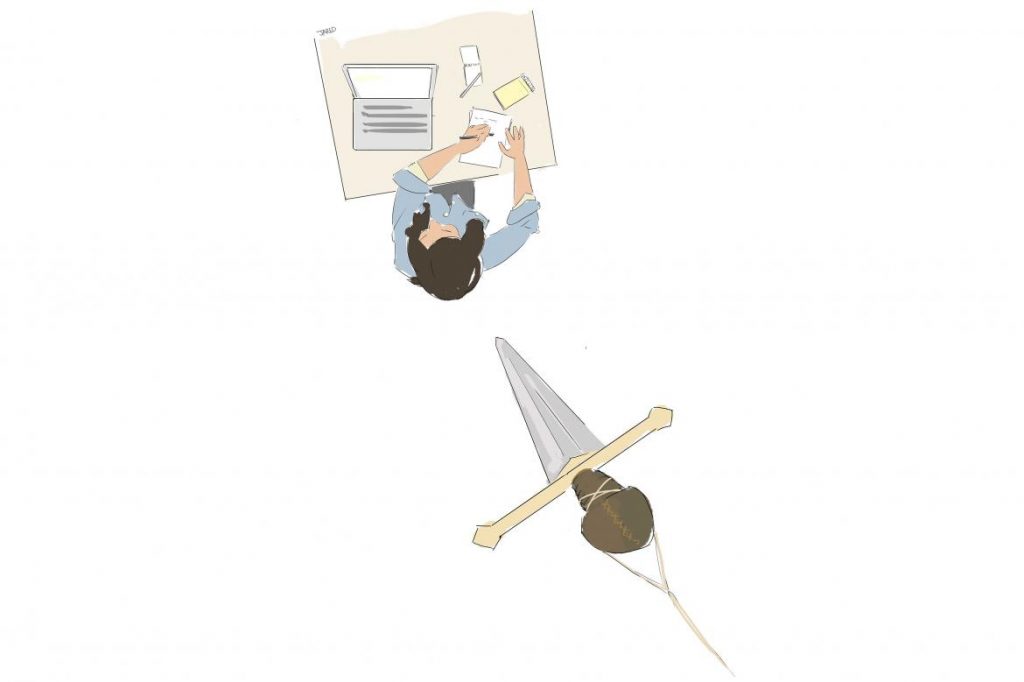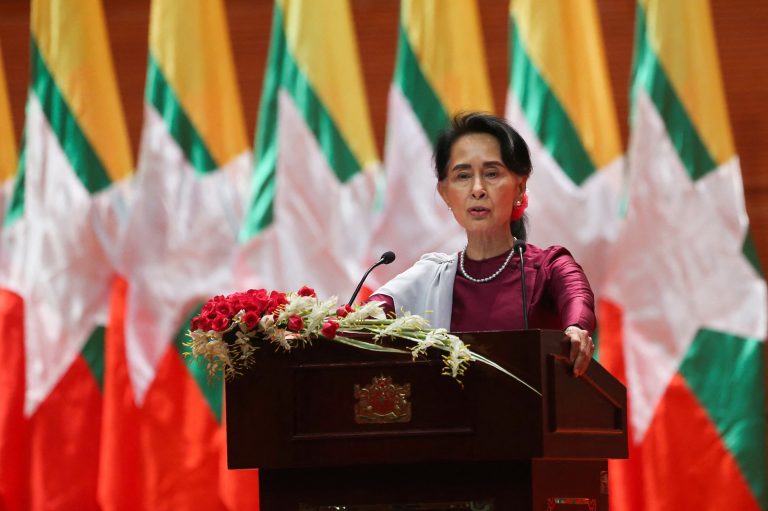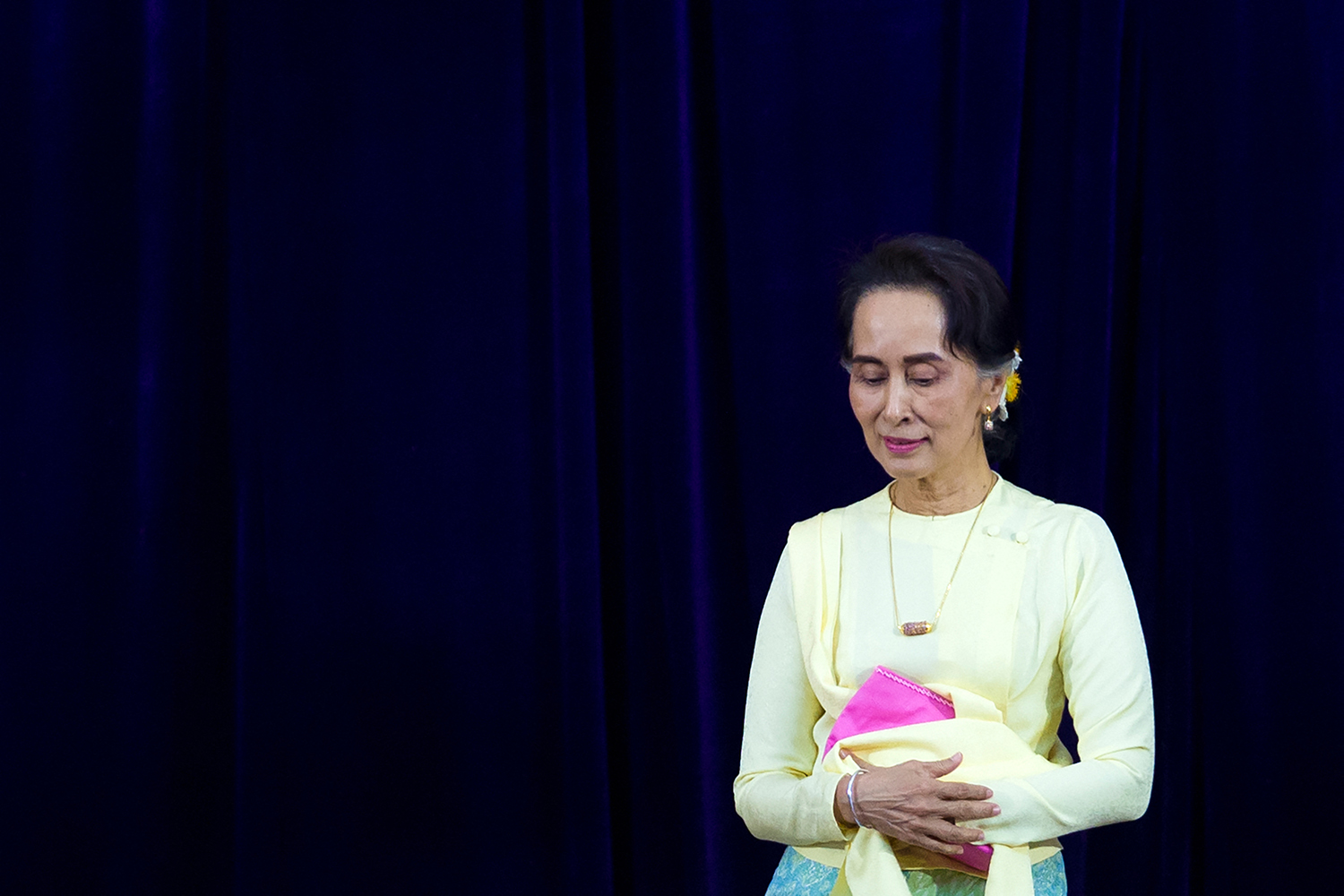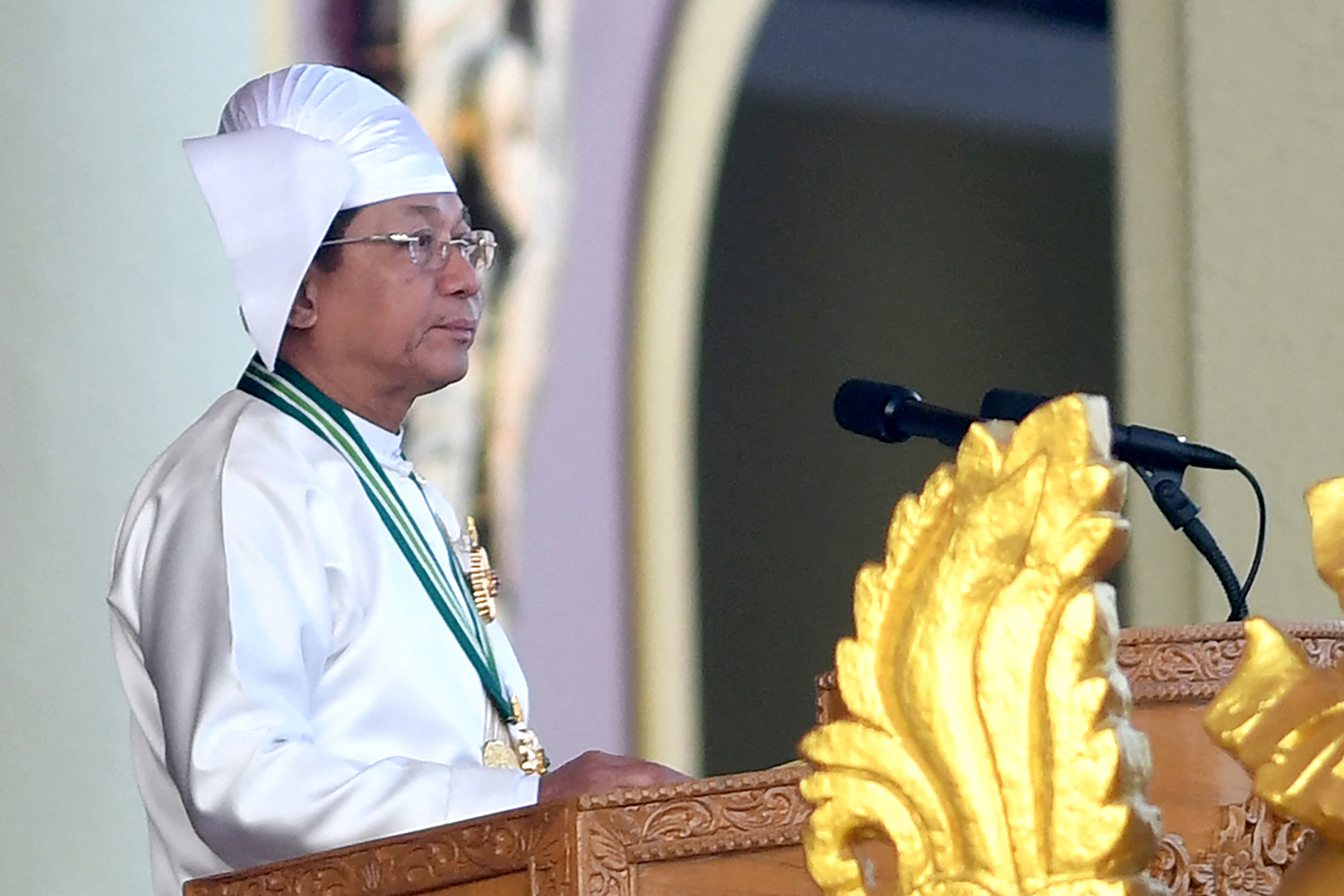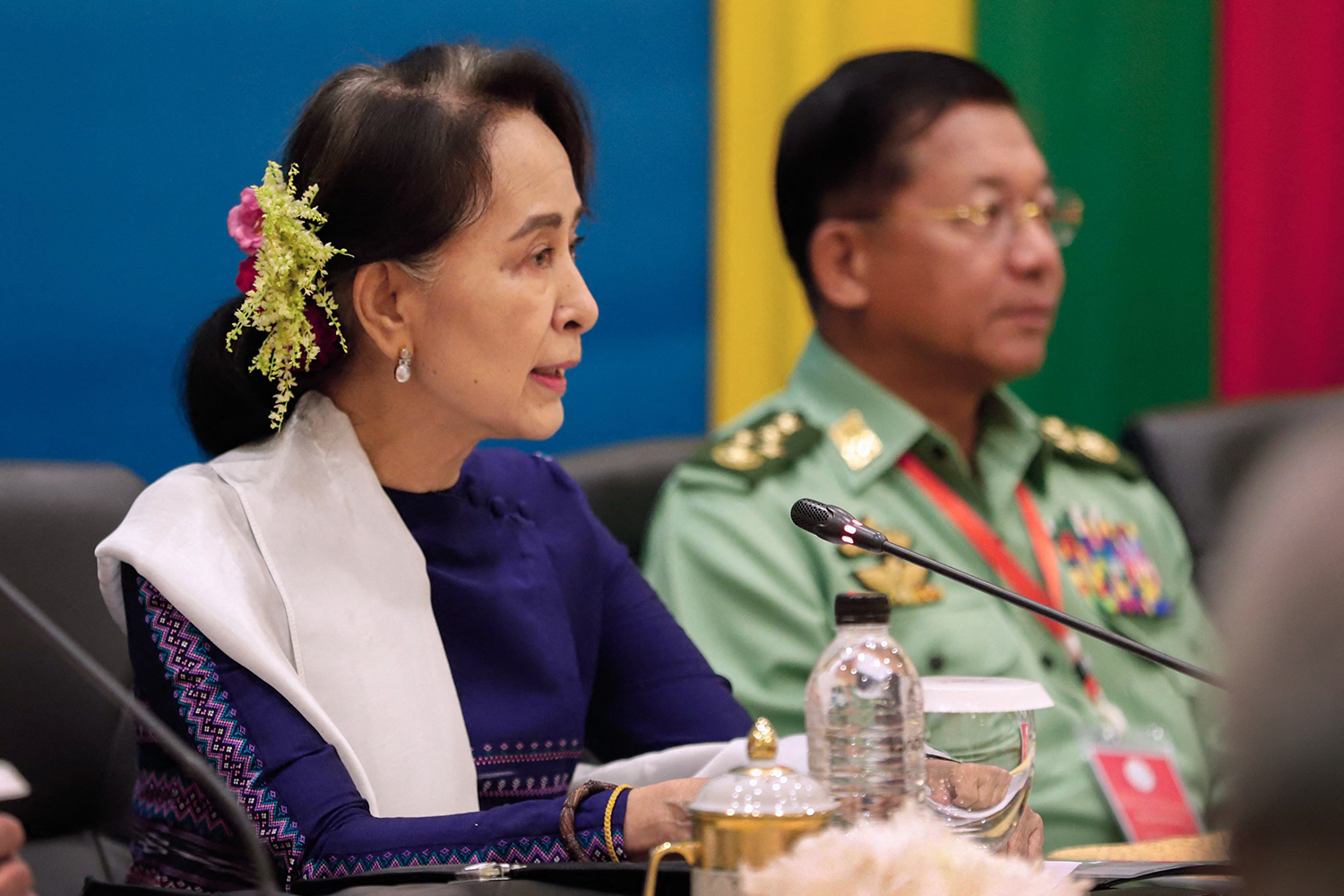We rightly demand exacting standards of people in positions of high responsibility, but power and profile do not make people superhuman.
THE ATTACKS on an Associated Press journalist last week are the unsurprising consequence of a national discourse that has steadily become more tribal, more malignant and more dangerous in recent months. In a legal system committed to the principles of justice, those responsible for the death threats levelled against the reporter would now be subject to a police investigation. Instead, one of Myanmar’s leading voices stands accused of deliberate deceit in a campaign to undermine the country; she now endures a ferocious smear campaign in the court of public opinion, by forces whose own questionable relationship with the truth deserves greater scrutiny.
Ms Esther Htusan has a proud record. As one of the youngest ever recipients of the Pulitzer Prize — the first Myanmar reporter to win journalism’s highest accolade — she was last year feted as one of the local media industry’s greatest talents by the same media outlets now rushing to condemn her. Her reporting helped end the captivity of hundreds of Myanmar migrant labourers who had endured years of slavery and torture in Thailand’s notorious fishing industry.
This same journalist was on Saturday described as an “evil soul” by the state-run Global New Light of Myanmar, in a hectoring editorial lecturing the Associated Press on media ethics. This newspaper is vetted by the Ministry of Information and all of its content has the imprimatur of the government of the day. It is also the newspaper that said foreign media reports of the 2007 monk protests were a “skyful of lies” manufactured by foreign agitators trying to undermine the stability of the country.
This torrent of vitriol was provoked by Htusan’s report on the speech of Daw Aung San Suu Kyi to European foreign ministers, erroneously suggesting that the State Counsellor had blamed international terrorism on illegal immigration. In the present political climate, and with the storm of international condemnation Myanmar has faced over the past three months, it was not a trifling mistake. Yet it was corrected as soon as possible, when an official transcript of the speech was made available seven hours after it was delivered.
That is more than can be said for one media outlet, strident in its own criticism of the reporter, which last month pulled an article on militant attacks in a Bangladeshi refugee camp without explanation or apology after the belated realisation it was based on information that was more than one year old.
Support more independent journalism like this. Sign up to be a Frontier member.
The truth is that nobody in public life is infallible. There is no surgeon that is not haunted by the errors of judgement they made on the operating table. There is no politician that can say their work was always above reproach. And there is no journalist who has not suffered the humiliation of committing an error to print. We rightly demand exacting standards of people in positions of high responsibility, but power and profile do not make people superhuman. The manner in which these mistakes are rectified is a more genuine window into an individual’s character than the mistake itself.
Many of Htusan’s critics would know this from their own long careers in the media. Yet no such grace has been afforded of a woman who now stands accused of deliberately smearing the leader of the country. The sort of paranoid and malicious claims levelled against her are enjoying a renaissance at this troubled time in Myanmar’s history. In a submission to a UK parliamentary inquiry on the Rakhine crisis, the Ministry of Foreign Affairs cited extremist authors claiming that Muslim countries are planning a takeover of Myanmar by stealth. National Security Adviser U Thaung Tun has claimed there is an international conspiracy to destabilise the nation.
These ideas, once the exclusive preserve of the military and the nationalist fringe, are now repeated by senior members of the civilian government. Any criticism of the government or the military is framed by this outlook, and so can be disregarded. The notion that there is a conspiracy against this country has mobilised and animated the public into lockstep behind Myanmar’s leaders. Htusan has been made into a public enemy because the alternative — that there is no conspiracy at all — is too grave to contemplate. We have been led down a dangerous path.
This editorial appears in the November 30 issue of Frontier.


